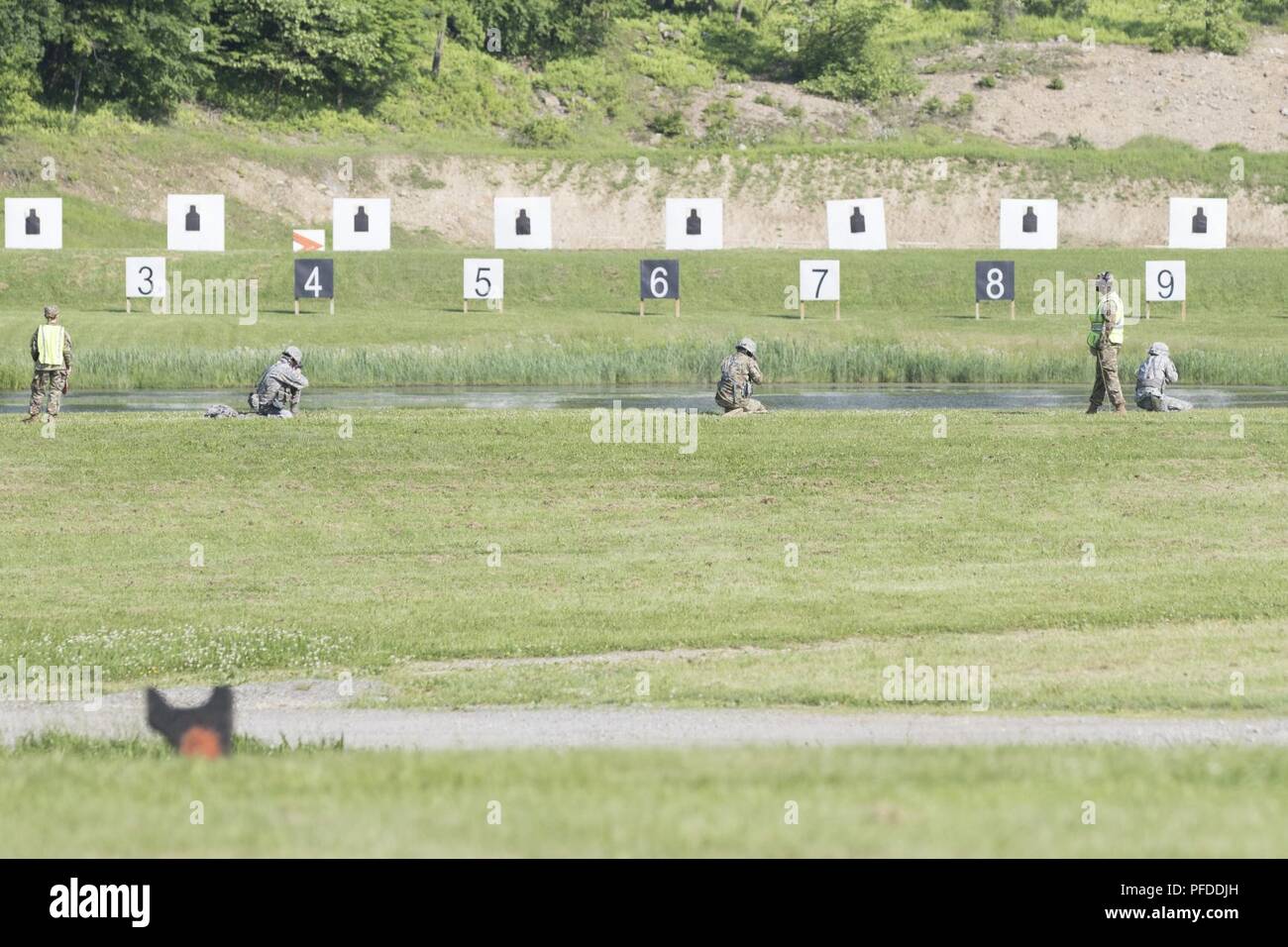Just have a few questions pertaining to the area I use to test loads at distance. I am fortunate enough to have a place to test loads at distance in excess of 1,000 yards. This partial of land is flat as a board as they say. However, it's also an old drag strip that was used in the 60's and 70's. The area I'm currently using on the property is basically straight down the old asphalt that the drag strip once operated. I can shoot 804 yards at this location. The issue I have is mirage due to the asphalt. I either have to go very early in the morning or late in the evening to somewhat stay away from the heavy, heavy mirage coming off the asphalt when the sun cranks up.
Now to my question. The owner of this property turned it into a catfish farm many years ago when the drag strip closed. So to the left of my current shooting position is a string of ponds used to raise the fish in. It is also an area I think mirage would not be as bad. Now I have read that a bullet traveling over water will impact high because the gravitational pull is less over water versus over land thus allowing a bullet to impact higher than it would shooting across hard ground. I'm curious to know if that is referring to a larger body of water, or any water?. If I shoot over the three ponds that are in a line, neither of which are no more than 4 feet deep and about 200x200 feet in size, would that amount of water have any affect on the bullet pull, causing it to impact higher versus shooting over straight land? I can extend my shooting ranges out to roughly 1200 yards if I shoot over the ponds. But if the water is going to have an affect on bullet impacts due to gravitational pull as mentioned above, I'll just stick to shooting over top the asphalt and deal with the mirage. Basically what I'm curious about is whether anyone can give me some insight on whether or not shooting overtop the three shallow ponds to the target will have any change on the data I gather versus shooting over hard ground? Any information anyone can provide is much appreciated.
Now to my question. The owner of this property turned it into a catfish farm many years ago when the drag strip closed. So to the left of my current shooting position is a string of ponds used to raise the fish in. It is also an area I think mirage would not be as bad. Now I have read that a bullet traveling over water will impact high because the gravitational pull is less over water versus over land thus allowing a bullet to impact higher than it would shooting across hard ground. I'm curious to know if that is referring to a larger body of water, or any water?. If I shoot over the three ponds that are in a line, neither of which are no more than 4 feet deep and about 200x200 feet in size, would that amount of water have any affect on the bullet pull, causing it to impact higher versus shooting over straight land? I can extend my shooting ranges out to roughly 1200 yards if I shoot over the ponds. But if the water is going to have an affect on bullet impacts due to gravitational pull as mentioned above, I'll just stick to shooting over top the asphalt and deal with the mirage. Basically what I'm curious about is whether anyone can give me some insight on whether or not shooting overtop the three shallow ponds to the target will have any change on the data I gather versus shooting over hard ground? Any information anyone can provide is much appreciated.




